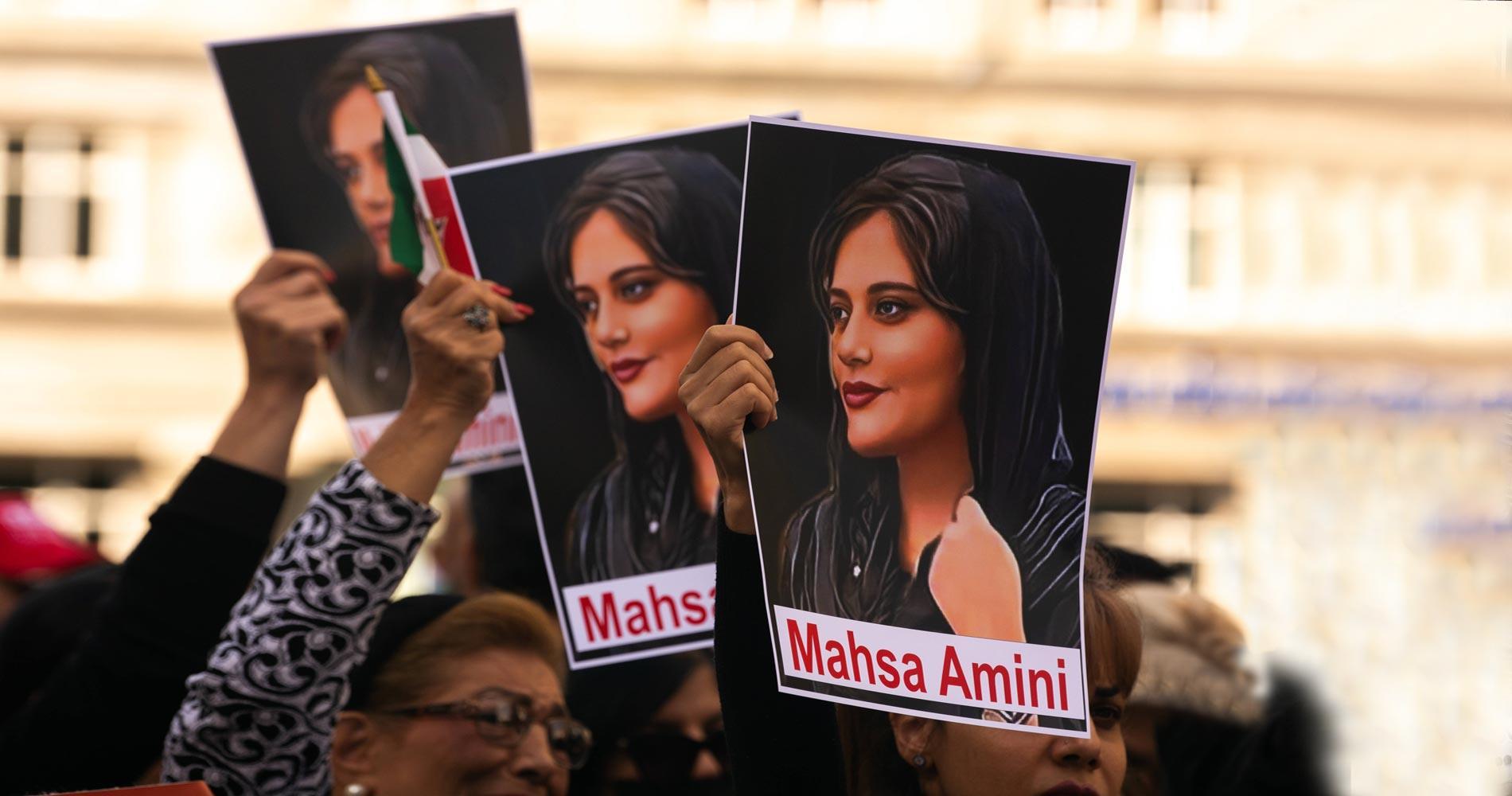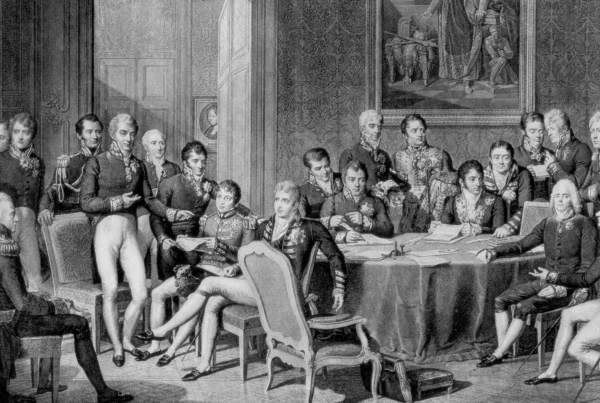The expulsion of Iran from the UN Commission on the Status of Women (CSW) is one of many ways in which the international community is condemning the Islamic Republic of Iran for its treatment of women, especially in the wake of the death of 22-year-old Mahsa Amini in police custody and the popular protest movement that arose in response. The revolutionary movement demanding regime change in Iran continues despite violent crackdowns and executions.
Allison Westervelt
15 February 2023
Chinese version | German version | Russian version
In December 2022, Iran became the first Member State to be expelled from the UN Commission on the Status of Women (CSW), the principal intergovernmental body focused on advancing women’s rights and gender equality.
The resolution to expel Iran from the remainder of its 2022-2026 CSW term was proposed by the United States at the Economic and Social Council, with emphasis on Iran’s oppression of women and girls. The resolution’s aim is “Removal of the Islamic Republic of Iran from membership in the Commission on the Status of Women for the remainder of its 2022-2026 membership,” expressing grave concern over Tehran’s actions “to continuously undermine and increasingly suppress the human rights of women and girls … often with the use of excessive force”. It was adopted with 29 votes in favor, 8 votes against, and 16 abstentions.
In a statement prior to the vote, US Ambassador to the UN Linda Thomas-Greenfield said “[The Commission] cannot do its important work if it is being undermined from within. Iran’s membership at this moment is an ugly stain on the Commission’s credibility.”
Speaking on behalf of Iran ahead of the vote, Ambassador Amir Saeid Jalil Iravani said Iran “categorically rejected and strongly condemned” the resolution and continued: “It is not at all unexpected that the United States is taking such unlawful action against Iran, given its long-standing hostility towards the Iranian people, but if carried out, it would be exceedingly dangerous to the UN system integrity.”
Countries, including Russia and China, opposing the US-drafted resolution to remove Iran from the CSW supported Russia’s request for an opinion of the UN’s legal counsel on Iran’s removal, which was, however, rejected.
Women in Iran are subjected to an unequal and discriminatory system that legally regards a woman as half as valuable as a man. For example, in tort cases, women are entitled to only 50 percent of what a male would be awarded. In court cases, it takes the testimony of two women to equal the testimony of one man. Many Iranian laws exert control over women, such as the law that stipulates that a woman must have her father or paternal grandfather’s permission to marry if she has never been married. Women are prohibited from working, acquiring a passport, or traveling abroad without the permission of the husband or father. Women are required under law to satisfy their husband’s sexual desires and refusal to do so could result in loss of financial support. Wearing a hijab is mandatory in public spaces and women are not allowed to sing or dance.
Iran’s expulsion from the CSW is a response to calls from civil society for justice for Mahsa Amini, a 22-year-old Kurdish woman who died in Iranian police custody in September 2022, and for an end to the violent crackdown against protestors demanding accountability for her death and equality for women.
Mahsa Amini was visiting Tehran from Saqqez in Kurdistan when she was arrested on 13 September by “morality police,” a unit of the Iranian police force that enforces a modest Islamic dress code, for allegedly breaking Iran’s mandatory hijab law. Eyewitnesses stated that Amini was severely beaten by police in the van taking her to Vozara Detention Centre, causing her to fall into a coma and die three days later on 16 September while still in police custody.
After the horrifying incident was reported by female journalists Niloofar Hamedi and Elahe Mohammadi, who have since also been jailed by the Iranian government for “conspiring against national security”, crowds gathered outside the hospital and demanded accountability. The civil unrest grew and erupted into still-ongoing protests across the country. The protests have been led by women who remove and burn their hijabs in front of crowds cheering “Women, Life, Freedom.”
Iran’s Supreme Leader Ayatollah Ali Khamenei is using arrests and violence to maintain his hardline government’s control and squash the popular uprising against the Islamic Republic. Security forces have arrested thousands of protestors and shot citizens on the street, bringing the death toll to nearly 500 people. Iran’s Revolutionary Court System has executed four men in relation to these protests and at least 15 more are in danger of being executed.
The international community largely supports the Iranian women’s demands for equality. Iran’s removal from CSW is only one of many examples of global support. In November, the United Nations Human Rights Council launched an investigation into Iran’s alleged human rights violations. Social media hashtags of Amini’s name have been posted hundreds of millions of times. There have been demonstrations in support of Iranians struggling against government oppression in Afghanistan, Argentina, Australia, Canada, Chile, France, Germany, Italy, Japan, Lebanon, Republic of Korea, South Africa, Switzerland, Tunisia, Turkey, the United Kingdom, and the United States.
These world-wide reactions could be a factor in Iran’s supreme leader’s pardoning of “tens of thousands” of prisoners including some arrested in recent anti-government protests.
What began as a local protest against Iran’s treatment of its women has evolved into a revolutionary movement demanding regime change–a demand with global support. The spirit and resilience demonstrated by the protesters indicate that they will not back down anytime soon.







